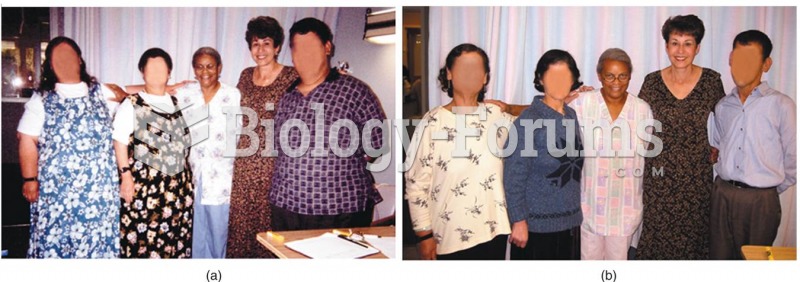|
|
|
In 1864, the first barbiturate (barbituric acid) was synthesized.
The use of salicylates dates back 2,500 years to Hippocrates’s recommendation of willow bark (from which a salicylate is derived) as an aid to the pains of childbirth. However, overdosage of salicylates can harm body fluids, electrolytes, the CNS, the GI tract, the ears, the lungs, the blood, the liver, and the kidneys and cause coma or death.
This year, an estimated 1.4 million Americans will have a new or recurrent heart attack.
There are more nerve cells in one human brain than there are stars in the Milky Way.
As many as 20% of Americans have been infected by the fungus known as Histoplasmosis. While most people are asymptomatic or only have slight symptoms, infection can progress to a rapid and potentially fatal superinfection.







